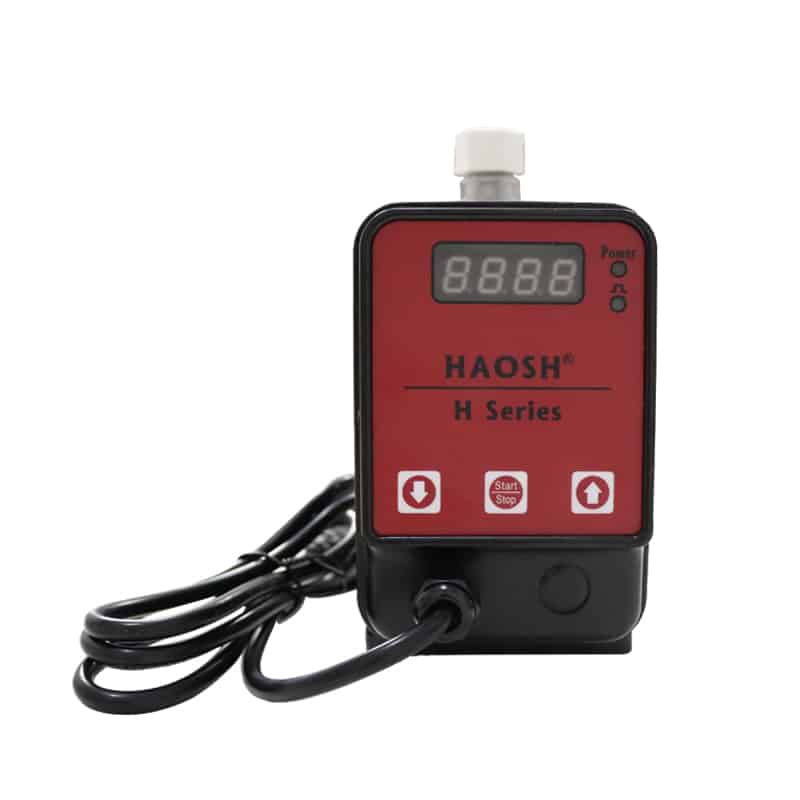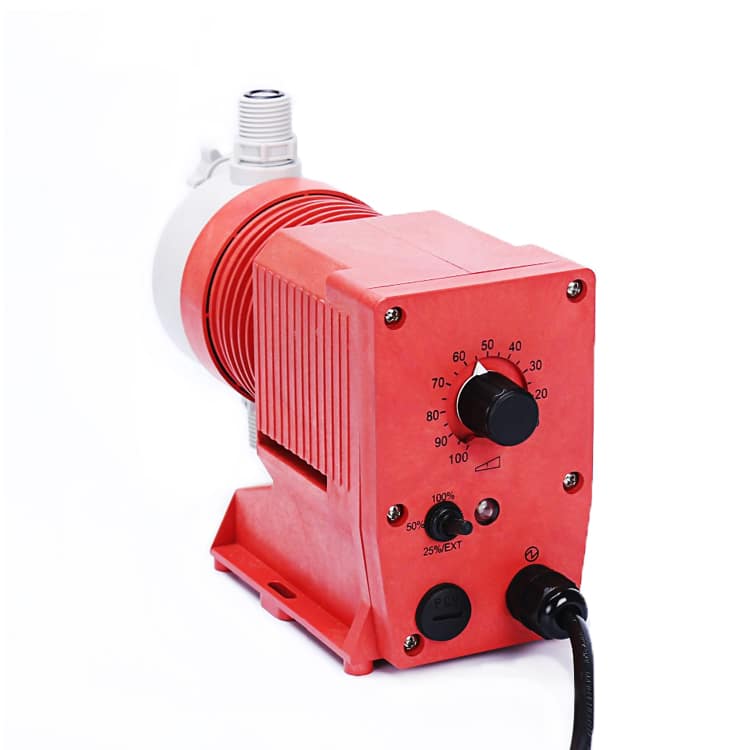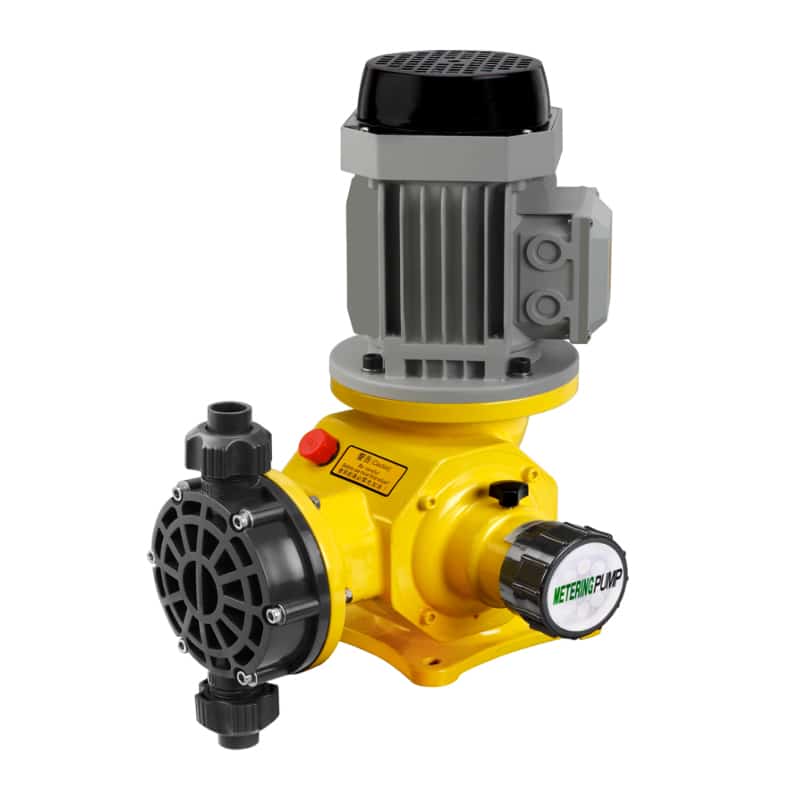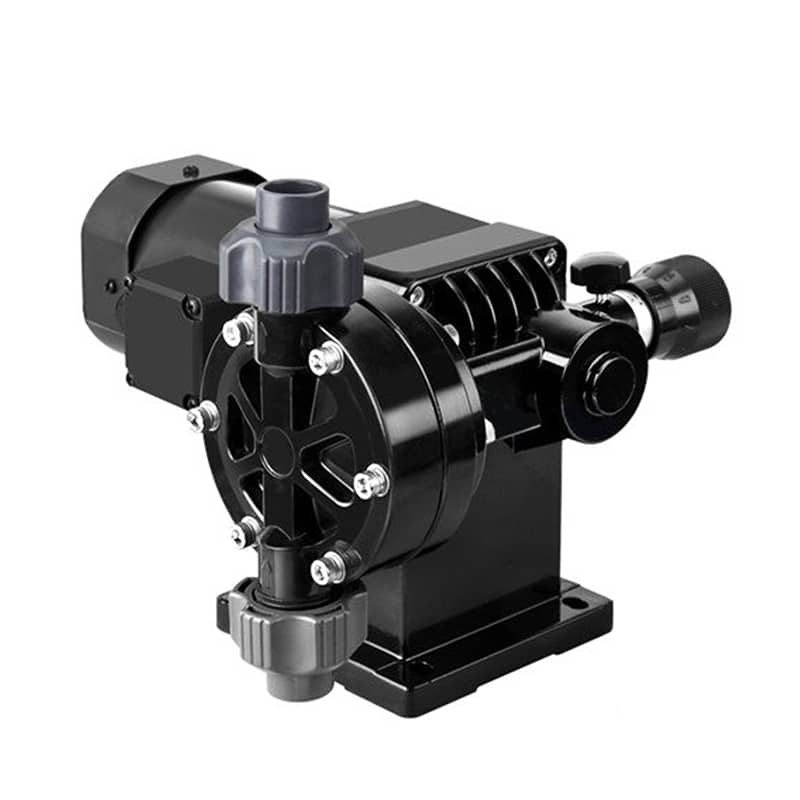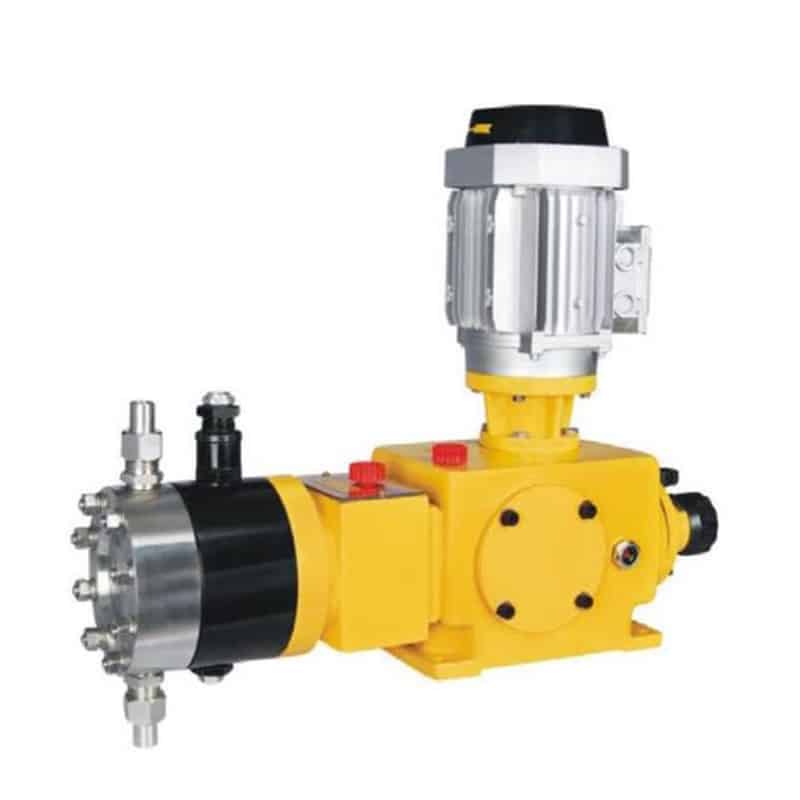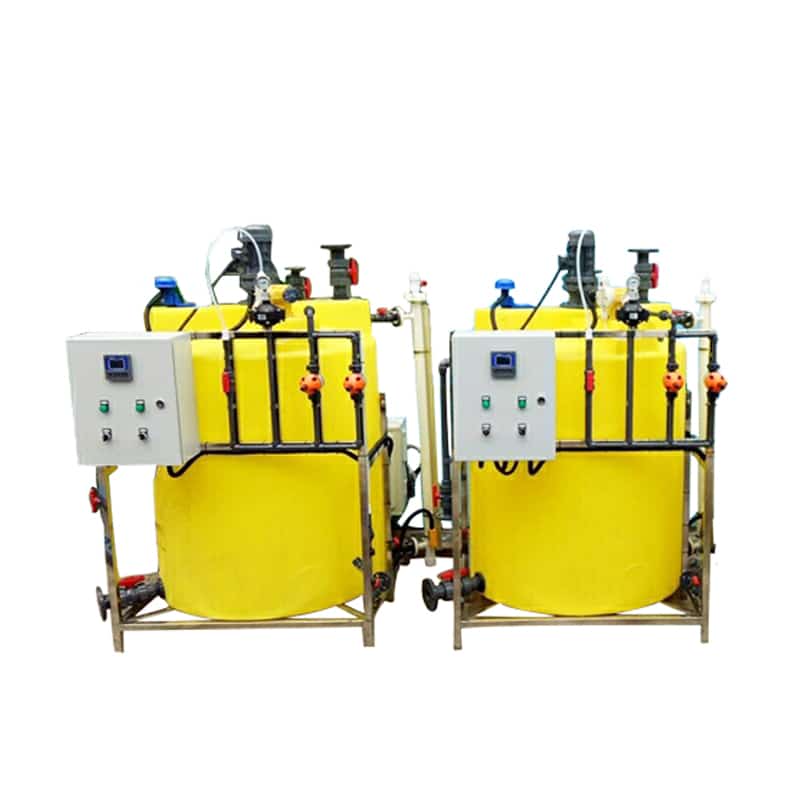Ammonia Dosing Pump
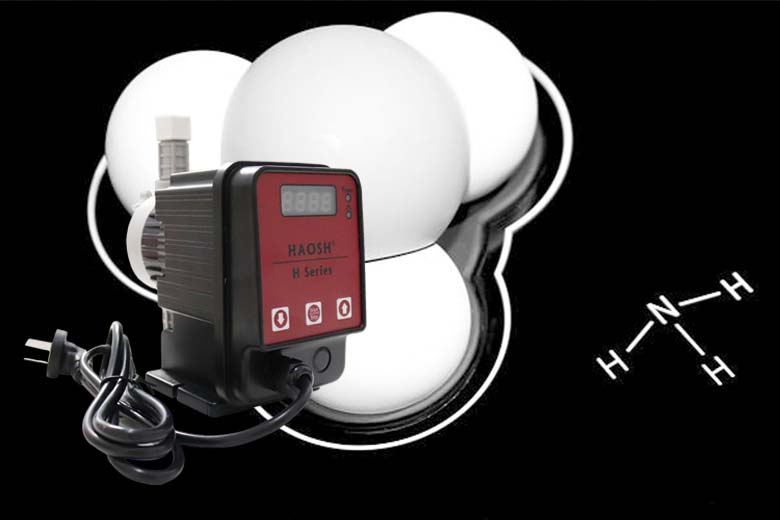
Ammonia treatment, a method of treating water quality using ammonia as a conditioning agent.
Ammonia is a common water treatment process due to its effectiveness in regulating water quality, eliminating odors, and purifying water. In the treatment process, ammonia is usually added to the water using a dosing pump to achieve precise regulation of water quality parameters. The addition of ammonia can adjust the pH value of the water and form ammonia ions (NH4+) in the water to regulate the ammonia and nitrogen in the water.
Principle of ammonia treatment
Ammonia gas dissolves in water and reacts as follows:
NH3 + H2O = NH4+ + OH-
Advantages
- Ammonia can be used to clean and remove dirt from metal surfaces.
- Adjusts the pH of the water so that it is in proper acid-base balance.
Disadvantages
- Ammonia has an irritating odor and may be considered unpleasant. In high concentrations, the odor of ammonia may cause discomfort to the human respiratory system.
- Ammonia is corrosive.
- High concentrations of ammonia are toxic to humans.
Common ammonia treatment agents include ammonia water and ammonia gas.
Diaphragm dosing pumps use diaphragms for liquid pushing, which reduces the risk of corrosion by preventing ammonia from coming into direct contact with pump components.
HAOSH offers ammonia dosing pumps for a wide range of industry applications, including water treatment, wastewater treatment and more. We are committed to providing customized chemical dosing systems for your application with easy-to-use installation configurations.

